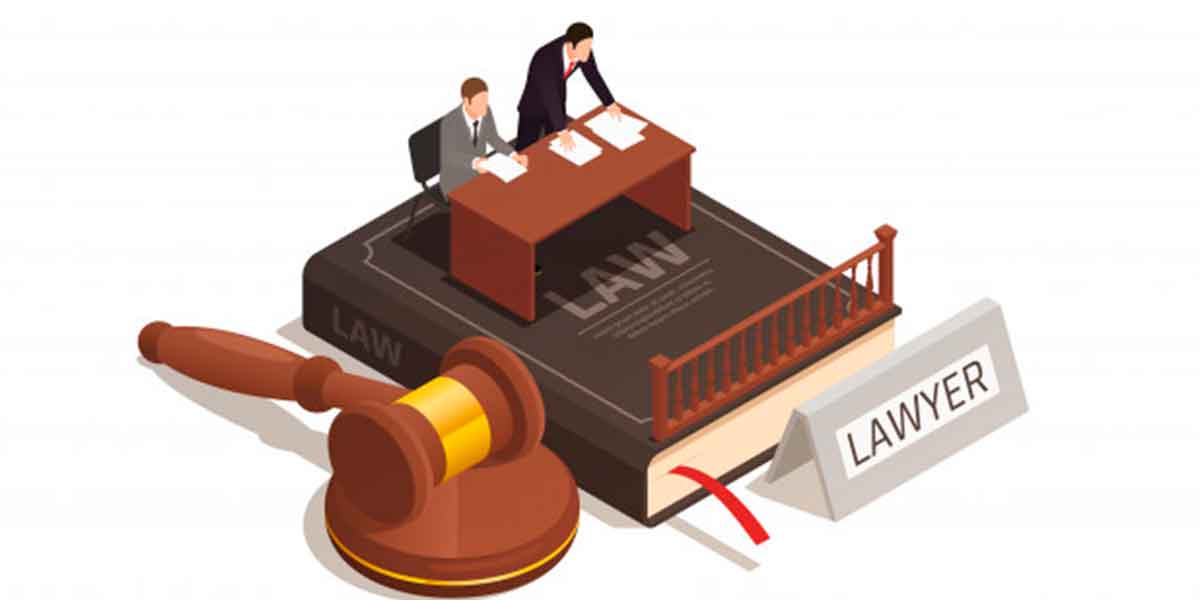When it comes to handling the estate of a deceased individual, the traditional advice for estate executors is to consider seeking the assistance of a probate lawyer. This is particularly important for executors who are navigating the process of winding up an estate, as experienced lawyers can provide valuable insight into state laws and probate proceedings.
However, not all executors are required to enlist the services of a probate lawyer, especially if the estate in question does not involve extensive assets or is relatively small. In such cases, it may not be necessary to hire a probate lawyer, and executors may only need limited guidance rather than full legal representation.
The Interconnectedness of Estate Planning and Probate Lawyers
Estate planning is closely linked with the expertise of a probate lawyer. While a will plays a crucial role in estate planning, a comprehensive strategy is necessary to safeguard assets after the individual’s passing. Estate planning goes beyond executing a will, encompassing other essential elements such as powers of attorney, advance directives, and medical powers of attorney.
For complex estates, establishing trusts can be vital for minimizing state and federal estate taxes. Additionally, trusts serve as a means of controlling how beneficiaries manage the decedent’s assets. In such situations, the guidance of a probate lawyer is invaluable, as these legal professionals are well-versed in state laws related to trusts and can assist clients in devising estate plans tailored to their specific needs.
The Role of a Lawyer in the Probate Process
In the absence of a comprehensive estate plan, navigating the probate process becomes unavoidable. During this challenging and intricate procedure, the support of a probate lawyer is crucial. Probate involves numerous court appointments, an understanding of legal terms and regulations, and the completion of detailed forms and applications. For individuals unfamiliar with these processes, dealing with estate settlement matters after the loss of a loved one can be overwhelming.
Probate is a time-intensive process, typically lasting eight to twelve months to conclude. Furthermore, a single error in filed documents can lead to delays in court proceedings and asset distribution. Therefore, enlisting the services of a probate lawyer can streamline the procedure and minimize potential complications.
Advantages of Engaging a Knowledgeable Lawyer
The assistance of a probate lawyer offers numerous benefits during the estate planning process. By leveraging the expertise of a legal professional, estate executors can circumvent the hassle of gathering and reviewing documents and avoid the need to attend court proceedings. Instead, the lawyer manages all necessary tasks on their behalf.
A probate lawyer provides essential support to estate executors by helping to locate the deceased’s assets, obtain accurate appraisals and values for the estate properties, facilitate the sale of estate properties, seek court permissions as required by probate laws, and oversee the distribution of assets after settling the deceased’s outstanding debts.
While it is possible to navigate the estate planning process without a probate lawyer, it is advisable to engage one to ensure a meticulous and well-managed approach. With the support of a legal professional, estate executors can handle the complexities of estate planning with confidence and precision.




